13 Incredible Benefits of Using Epsom Salt in Your Garden
Epsom salt is a natural mineral compound made of magnesium and sulfate. This simple substance offers a wide range of benefits for your garden. It can improve plant health, boost growth, and even help with pest control. Many gardeners swear by Epsom salt for enhancing soil quality and plant productivity. This article will explore reasons to use Epsom salt in your garden.
This post may contain affiliate links, which helps keep this content free. Please read our disclosure for more info.
Improves Plant Growth
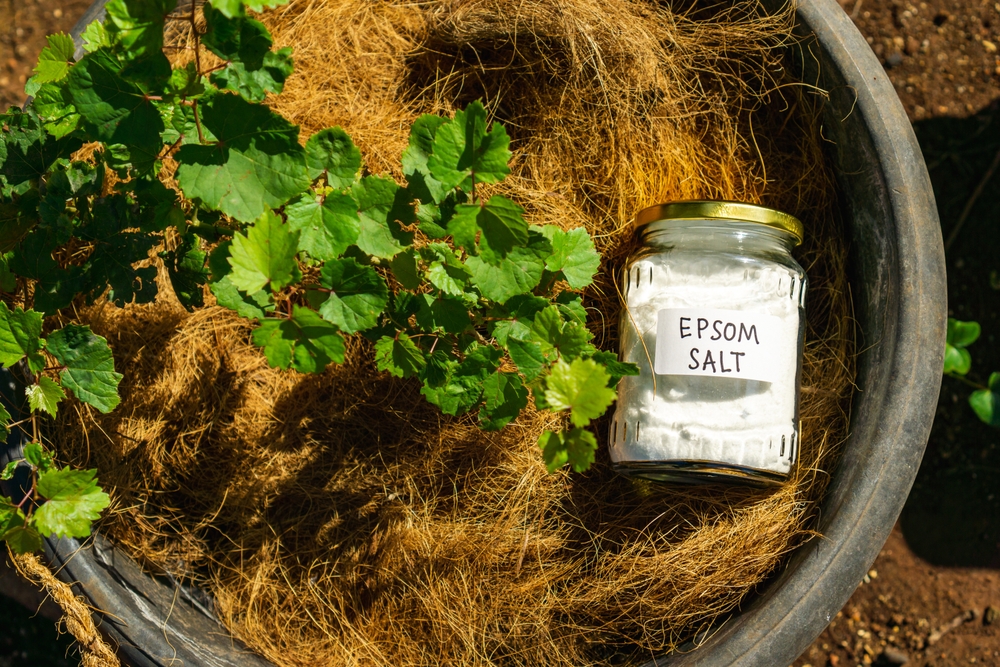
Epsom salt provides plants with magnesium, a key nutrient that aids in photosynthesis. Magnesium helps plants create energy from sunlight, promoting overall growth. With stronger cell structures, plants grow more vigorously and produce healthier stems and leaves. Adding Epsom salt to your garden can boost plant development, especially in magnesium-deficient soils.
Magnesium is essential for improving the chlorophyll production in plants. Without enough magnesium, plants may become yellowed and weak. Epsom salt ensures plants receive the magnesium they need for optimal health. This simple addition can make a noticeable difference in your plant’s growth rate and appearance.
Enhances Flowering
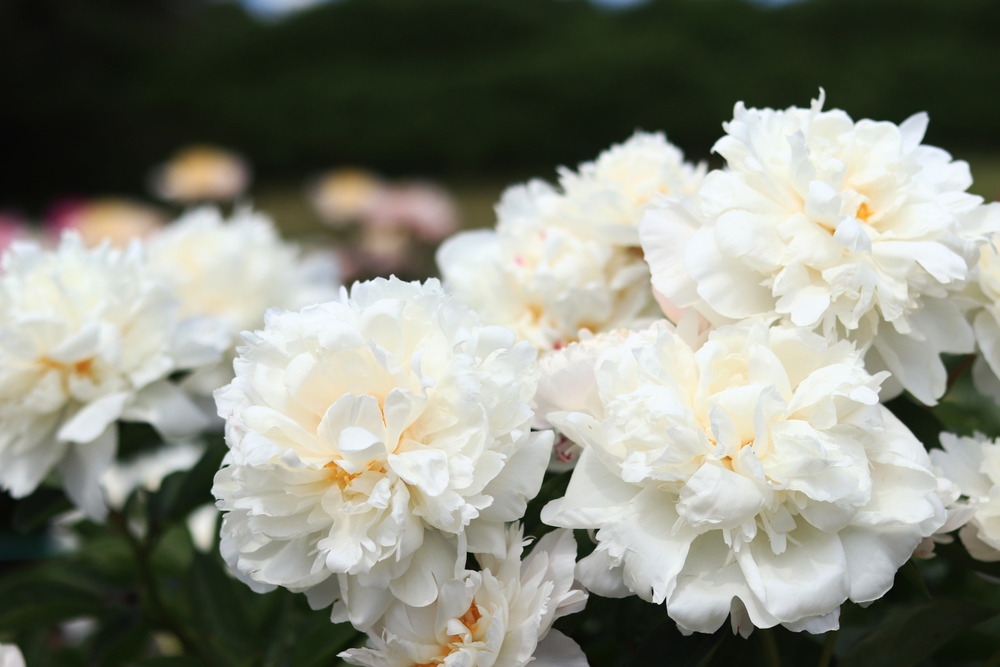
Epsom salt can enhance flowering in many plants by providing essential nutrients. Magnesium encourages the production of flowers, leading to a more vibrant and plentiful bloom. When plants have adequate magnesium, they are able to produce flowers with greater intensity and color. This is especially useful for flowering plants like roses, tomatoes, and peppers.
In addition to magnesium, Epsom salt also supports nutrient uptake, helping plants produce more flowers. The sulfate component in Epsom salt contributes to the overall health of the plant by improving root function. Applying Epsom salt around the base of flowering plants can help them bloom beautifully throughout the season.
Improves Soil Quality
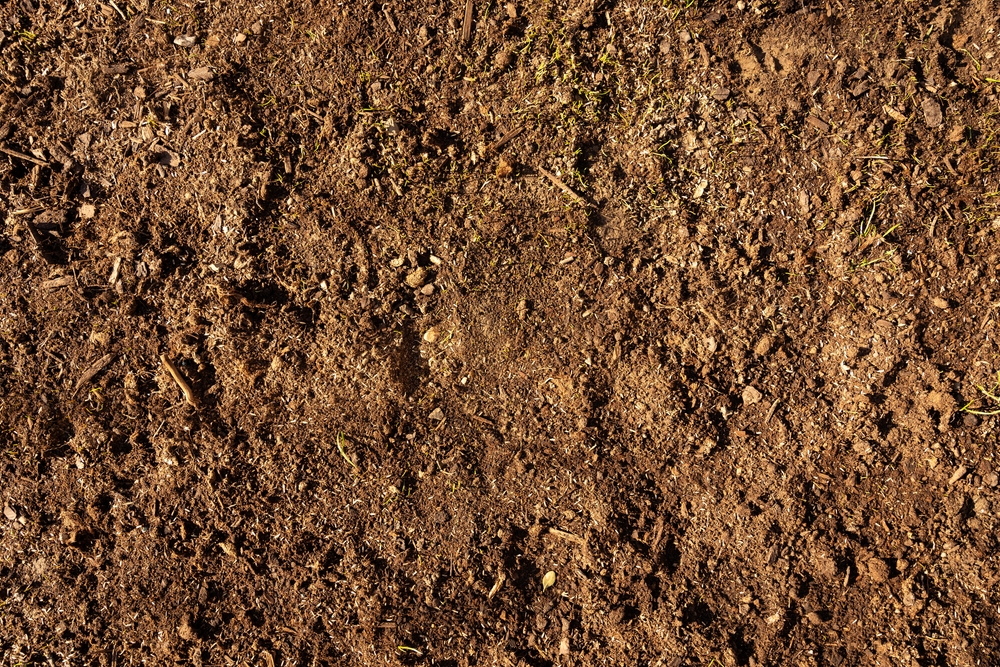
Epsom salt can improve the structure and quality of the soil. It helps break down hard, compacted soils, making them more porous and easier for roots to grow in. By adding magnesium and sulfate, it improves nutrient retention, allowing plants to absorb more essential minerals. This results in healthier soil that supports robust plant growth.
Soil with the right balance of magnesium and sulfate can promote better root development and water retention. Epsom salt helps create an ideal environment for plant roots to access nutrients and water more effectively. It is especially beneficial in soils that are deficient in magnesium. Adding Epsom salt helps restore balance and vitality to your garden’s soil.
Helps Prevent Magnesium Deficiency

Magnesium is a vital nutrient for plants, and a lack of it can lead to poor growth. Epsom salt is an excellent way to prevent magnesium deficiency, which often shows up as yellowing leaves. By supplying magnesium directly to the soil, Epsom salt ensures plants have the necessary nutrients to thrive. This is especially beneficial for plants like tomatoes, peppers, and roses, which require high levels of magnesium.
Applying Epsom salt to your garden can prevent common magnesium deficiency symptoms, like weak stems and poor fruiting. It is an affordable and simple solution to maintain the health of your plants. For magnesium-hungry plants, regular use of Epsom salt can make a noticeable difference. It helps support healthy plant development and overall vitality.
Fights Pests and Diseases
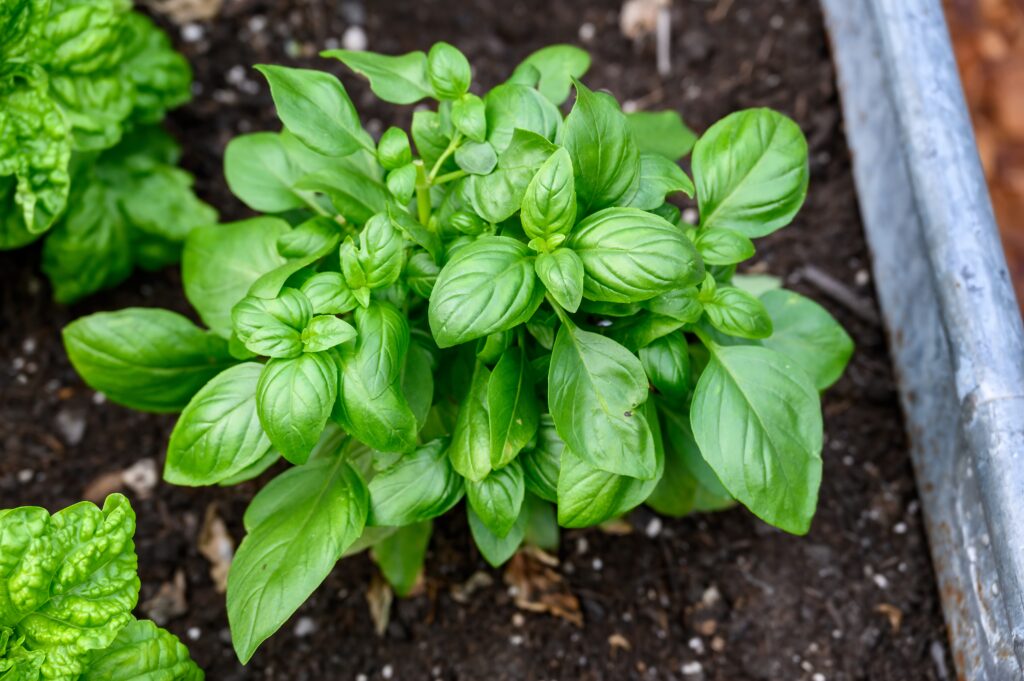
Epsom salt can help plants fight off pests and diseases by strengthening their cell walls. Stronger plants are more resistant to common garden pests and fungi. The magnesium in Epsom salt enhances the plant’s natural defense systems, making them less susceptible to diseases. This is especially helpful in vegetable gardens, where plants are more prone to infestations.
Using Epsom salt can act as a natural pest deterrent by making plants more resilient. In addition to its pest-fighting benefits, Epsom salt also promotes healthy growth, which leads to stronger plants that can better handle stress. For organic gardeners, Epsom salt provides a natural way to protect plants without harmful chemicals.
Enhances Seed Germination
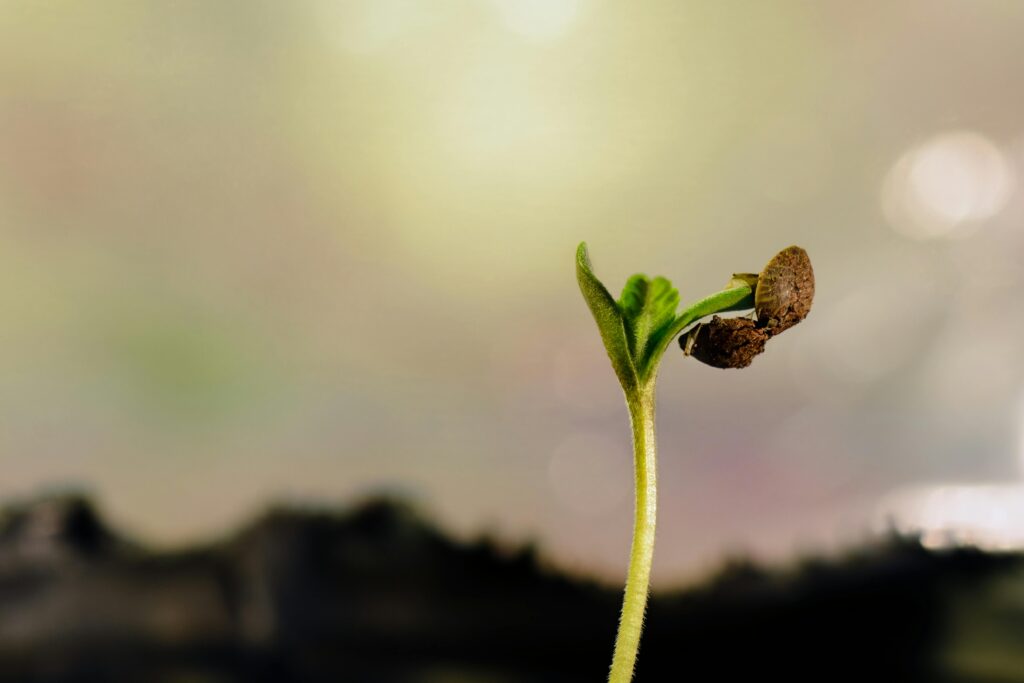
Epsom salt helps improve seed germination rates by providing essential nutrients. Magnesium is crucial during the early stages of a plant’s life, helping seeds sprout and establish roots more effectively. The presence of sulfate also aids in the development of strong root systems. When using Epsom salt, seedlings are more likely to grow quickly and healthily.
Sprinkling Epsom salt on the soil before planting seeds can give them a nutrient boost. The magnesium in the salt encourages seedling growth and helps establish a solid root foundation. Epsom salt provides an easy and cost-effective way to improve the success rate of your seeds. It is a simple gardening trick that can lead to healthier plants from the start.
Strengthens Plant Cell Walls

Magnesium in Epsom salt plays a vital role in strengthening plant cell walls. Stronger cell walls improve a plant’s ability to hold water and nutrients, contributing to better overall health. This added strength helps plants resist stress, damage, and environmental factors. Healthy cell walls are essential for the growth and durability of plants, especially in challenging conditions.
The sulfate in Epsom salt helps facilitate the movement of nutrients within the plant. When plants have strong cell walls, they are better able to handle water stress and nutrient absorption. This makes them more resilient, even in difficult weather conditions. Epsom salt is a simple and natural way to ensure your plants have the strength to thrive.
Reduces Transplant Shock
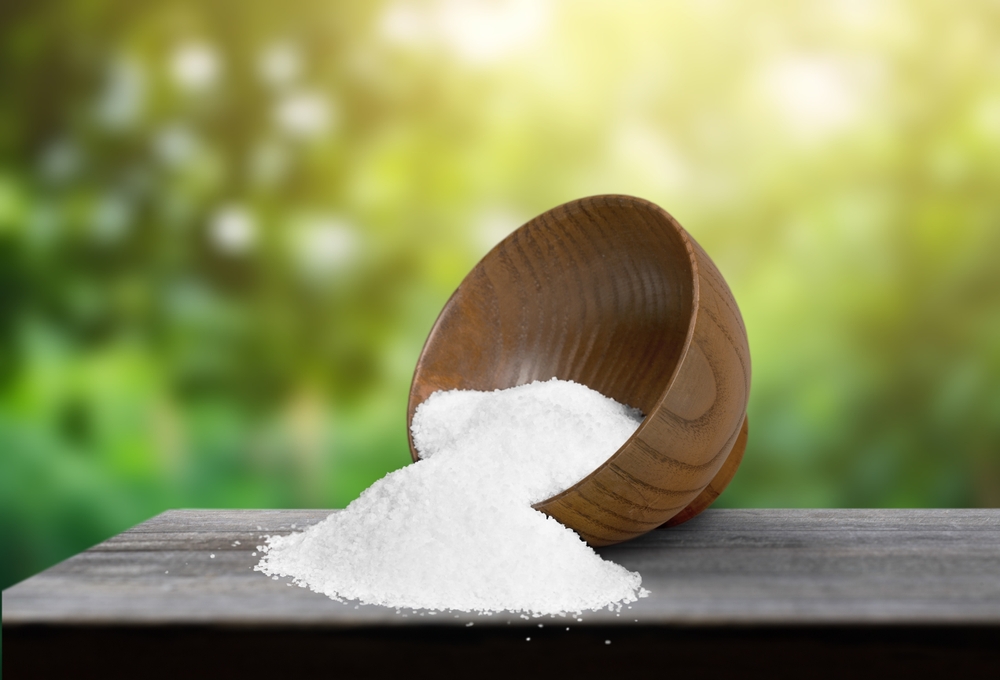
Epsom salt can help plants recover more quickly from transplant shock. When moving plants from one location to another, they often experience stress, which can stunt their growth. The magnesium in Epsom salt helps plants adapt to their new environment by improving their nutrient uptake and root development. It supports overall plant health, reducing the likelihood of transplant failure.
To prevent transplant shock, you can add a small amount of Epsom salt to the planting hole or water. This provides a nutrient boost to the plant and helps it settle into its new location. Epsom salt also encourages root growth, which is essential for healthy plant establishment. Using Epsom salt after transplanting can promote a smoother transition for your plants.
Encourages Healthier Roots
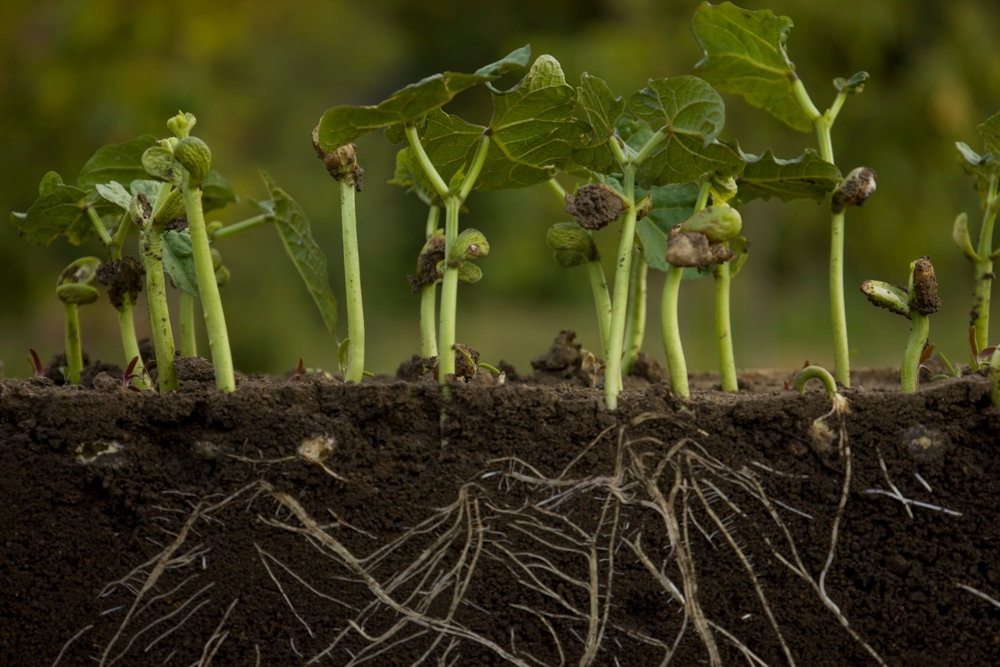
Epsom salt promotes stronger and healthier roots by supplying magnesium. Magnesium plays a crucial role in the plant’s ability to absorb other nutrients, making it essential for root development. Healthy roots are key to strong plant growth, as they anchor the plant and take in water and nutrients. Adding Epsom salt to your garden supports root health and overall plant stability.
Using Epsom salt around the base of plants helps create a better growing environment for the roots. It encourages the roots to spread and grow deeper, improving their ability to take up water and nutrients. This results in more vigorous, healthier plants with stronger root systems. Epsom salt is an easy and effective way to ensure your plants have the foundation they need to thrive.
Helps With Fruit Production
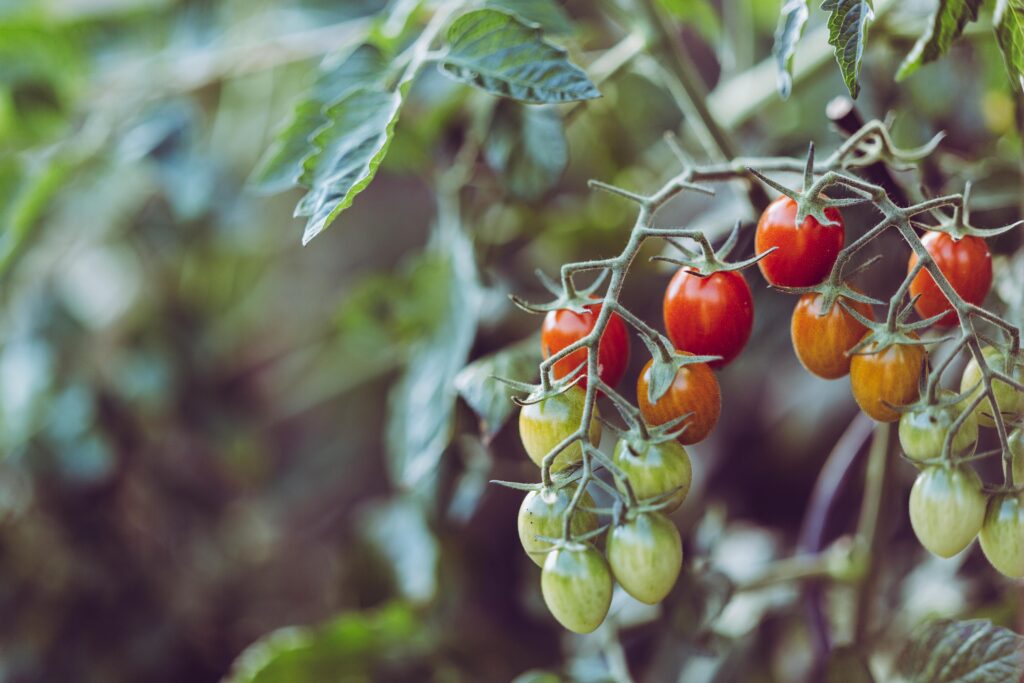
Epsom salt can aid in increasing fruit production in plants like tomatoes, peppers, and squash. Magnesium is essential for flower and fruit production, and Epsom salt helps provide this important nutrient. Plants that receive sufficient magnesium tend to produce more fruit, which is larger and of better quality. Using Epsom salt regularly can help you get the most out of your fruit-bearing plants.
By adding Epsom salt to your garden, you can encourage plants to set more fruit and improve the size and taste. The sulfate in Epsom salt also helps improve nutrient absorption, which supports fruit production. For gardeners looking to increase their harvest, Epsom salt is an easy way to promote more productive plants. It is a natural, effective method to boost fruit yields without the need for expensive fertilizers.
Prevents Yellowing Leaves
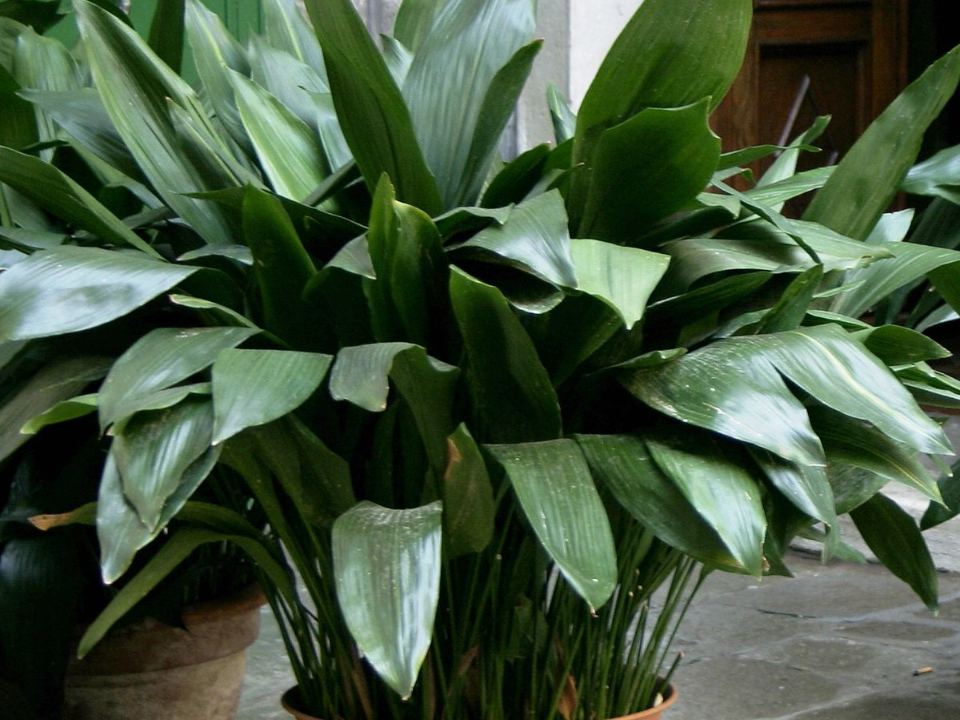
Yellowing leaves are a common sign of magnesium deficiency, but Epsom salt can help. Magnesium is essential for chlorophyll production, and without it, leaves lose their green color. Applying Epsom salt to the soil provides the magnesium needed for chlorophyll synthesis, returning color to the leaves. It is a simple solution to restore the health of plants that have started to yellow.
If you notice yellowing leaves, especially on older leaves, adding Epsom salt can help reverse the issue. Simply dissolve the salt in water and apply it to the soil or spray it directly on the plant. Epsom salt helps prevent and correct magnesium deficiency, making it an essential tool for keeping your plants green and vibrant. This treatment is effective for a wide variety of plants, including leafy greens, flowers, and shrubs.
Helps With Pest Control in Lawns
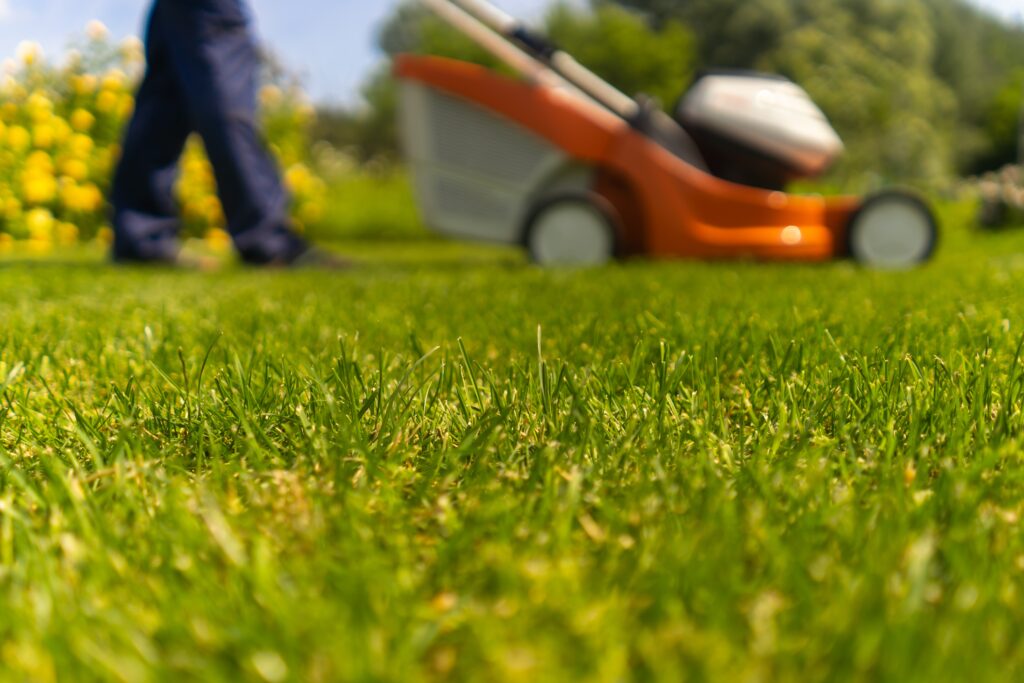
Epsom salt can also act as a natural pest control solution in lawns and gardens. Magnesium and sulfate can make the soil less attractive to pests like slugs and snails. Additionally, the salt can create a barrier around plants, deterring pests from feeding on them. For gardeners who prefer organic methods, Epsom salt offers a simple, non-toxic solution to pest problems.
Sprinkling Epsom salt around the base of plants or along garden edges can help keep pests at bay. The magnesium content in the salt irritates the pests, causing them to stay away. Using Epsom salt regularly can prevent pests from damaging your plants while keeping your garden healthy and safe. It is a safe and effective way to protect your garden from unwanted guests.
Increases Plant Resistance to Stress
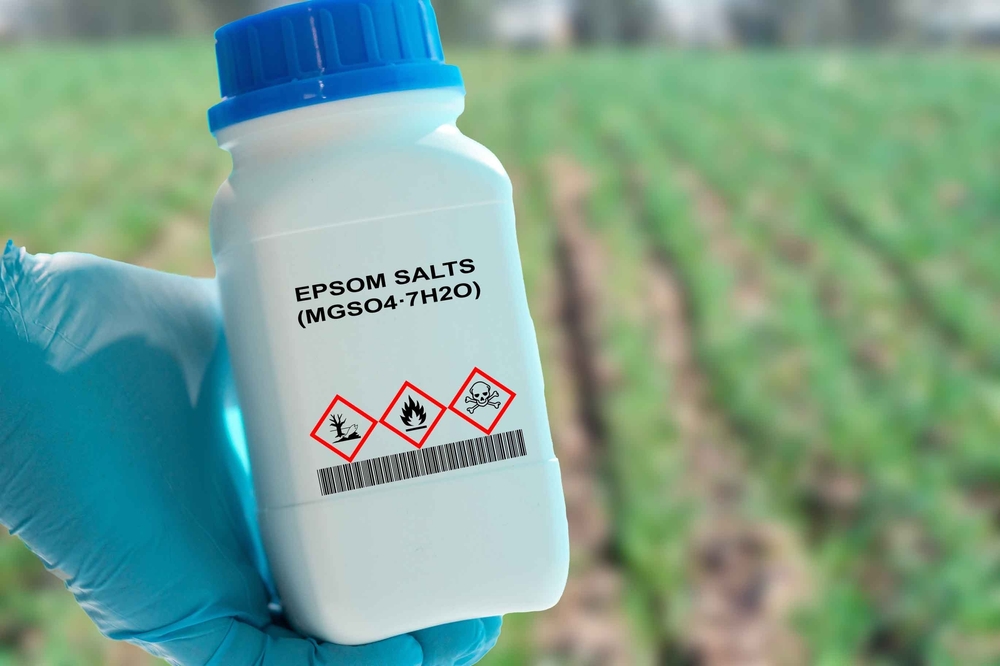
Epsom salt can help plants better handle stress from environmental factors like drought and temperature fluctuations. Magnesium plays a key role in helping plants cope with these stresses by improving their water retention and nutrient absorption. Stronger plants are more likely to survive in difficult conditions. Using Epsom salt can improve plant resilience, ensuring they can withstand challenges throughout the growing season.
When plants receive the magnesium and sulfate they need, they are more capable of handling extreme weather. The minerals in Epsom salt help plants manage stress more effectively, ensuring they remain healthy and productive. Regular use of Epsom salt can help your plants stay strong, even when faced with tough conditions. It is a simple way to provide extra support to your garden in times of need.
For gardeners looking to improve plant health and boost growth, Epsom salt is a must-have. Its natural properties make it an excellent addition to any garden care routine.
This article originally appeared on Avocadu.
